Cigarettes: the hard truth

Smoking shortens lives

Did you know?
Lung cancer is the leading cause of cancer death in Canada. About 72% of lung cancer cases in Canada are due to smoking tobacco.
Smokers are about 20 times more likely to develop lung cancer than non-smokers. The longer a person smokes and the more cigarettes they smoke each day, the more their risk increases. Smokers are also at a higher risk if they’re exposed to radon or certain chemicals in their home or workplace and continue to smoke.
Tobacco use is the number 1 risk factor for preventable disease and death in Canada. Find out about our advocacy work in tobacco control.
Top 6 reasons people say they smoke
Nicotine is a powerful, addictive drug that enters the brain with each puff on a cigarette. It briefly boosts your mood, making you feel calm and more alert. But over time, your energy level and mood can drop, causing you to crave a cigarette for another boost. The more you smoke, the more nicotine you need, which then leads to more smoking.
Good news: you can beat your addiction and win. Many Canadians have found success with quitlines, nicotine replacement therapies and other support.
Many smokers believe that smoking relaxes them. In fact, it does the opposite to your body. Smoking makes your heart beat faster, your breathing quicken and your blood pressure rise.
Why do some smokers feel relaxed when they smoke? Smoking releases dopamine – a chemical in your brain that creates feelings of pleasure. But this feeling of relaxation lasts for only a few moments. Often, it’s not the cigarette, but taking a break from work or a stressful situation that is the real relaxation.
6 benefits of quitting
Playing a sport, going to the gym or just living an active life is much easier when you quit smoking.
A smoker’s heart has a harder time keeping up with the demands of exercise, so your body wastes a lot of heartbeats just trying to keep up during exercise. Smoking also affects your lung capacity, your ability to gain and maintain muscle and your overall energy level.
Amazing ways your body bounces back — from the minute you stop smoking
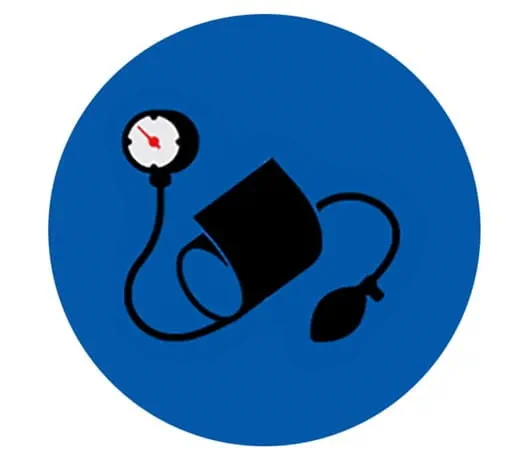
20 minutes after quitting
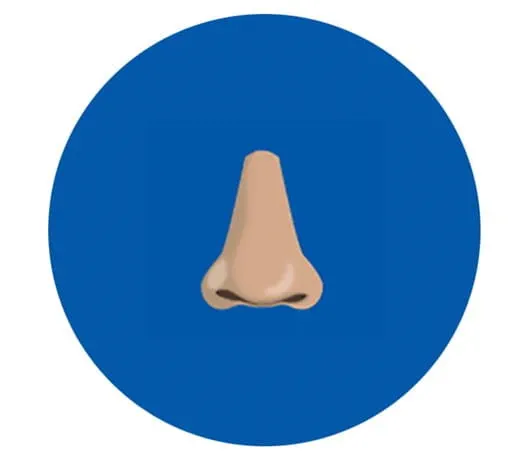
After 8 hours
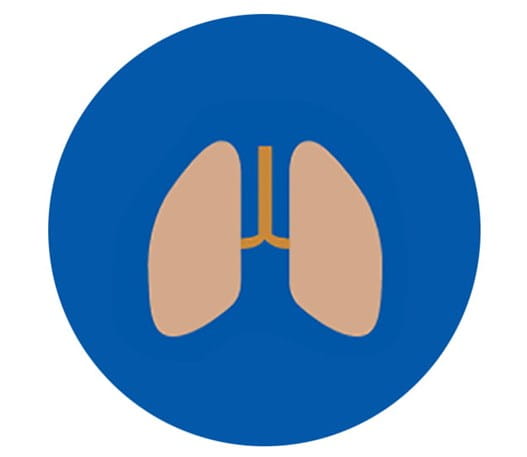
After 24 hours
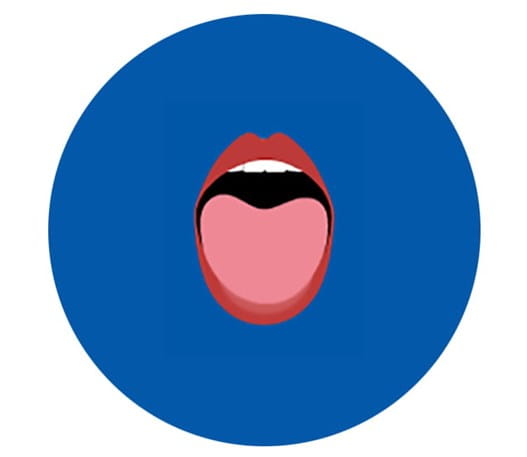
After 48 hours

After 1 year
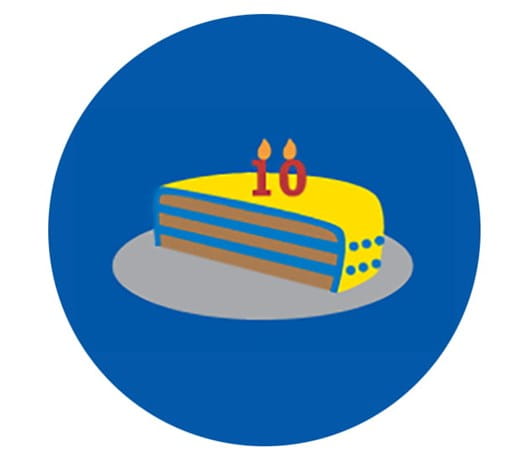
After 10 years
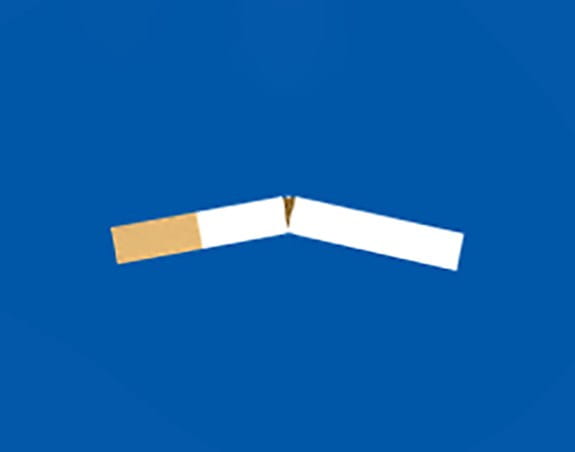
10 to 15 years after quitting

Every cigarette you smoke can take years off your life
You won't believe how many ingredients are in cigarette smoke
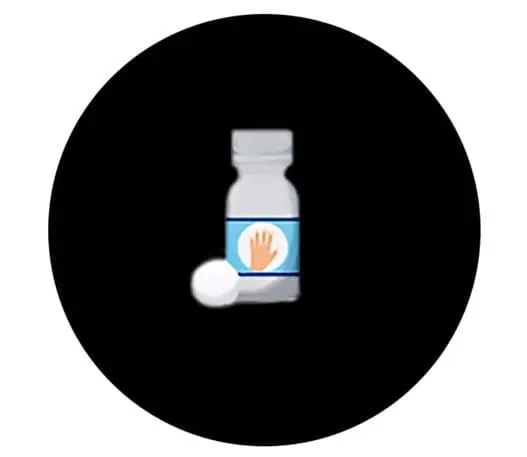
Acetone
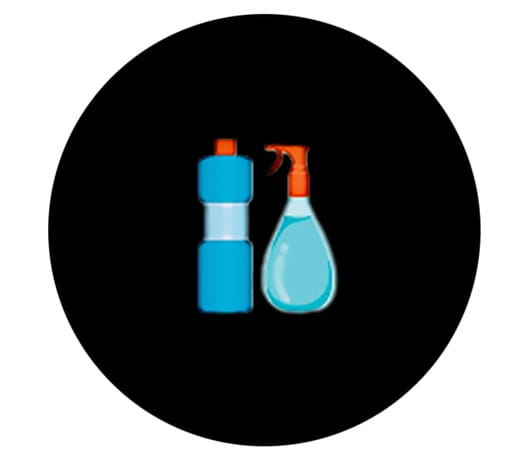
Ammonia
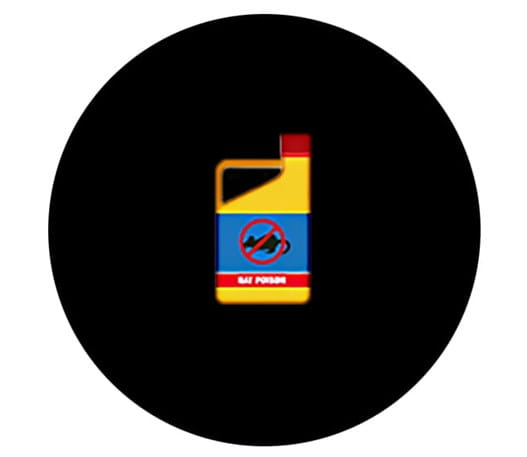
Arsenic
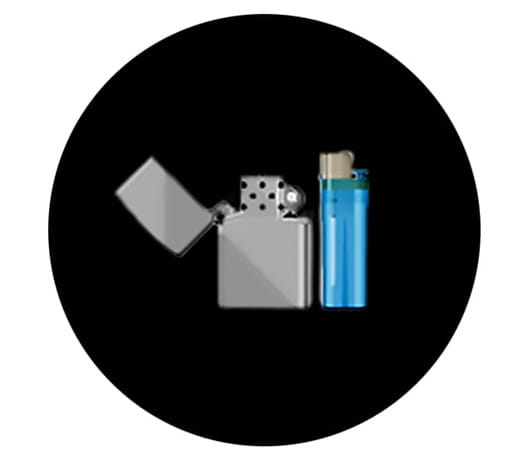
Butane
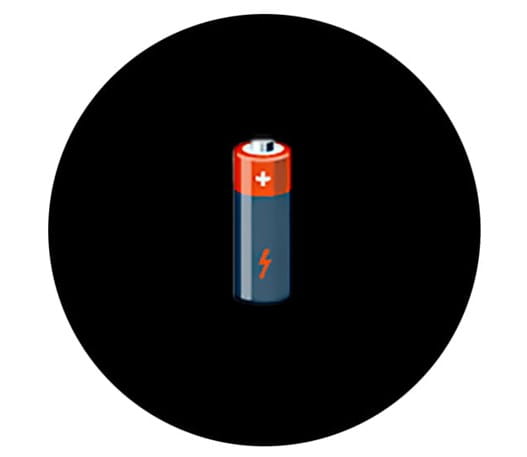
Cadmium
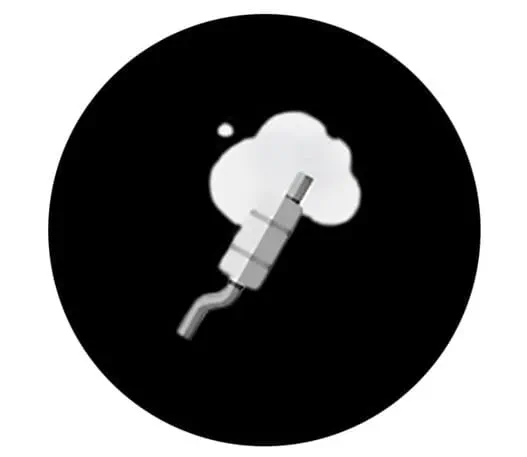
Carbon monoxide
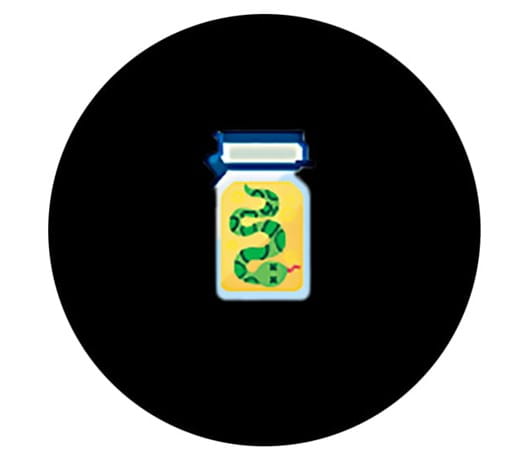
Formaldehyde

